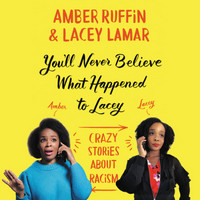
“We’ve had years and years of preparations to ensure everything will run smooth. We have learned from the mistakes of the past and will use that knowledge to make better mistakes in the future. Er. . . to avoid those mistakes altogether.”
What’s The Conjuring of Zoth-Avarex About?
Harris Reed is fresh out of magical training school and arrives at the Site to begin his career as a conjurer—he couldn’t be more excited about it. He’d grown up on fantasy literature and movies, and in college finds out that so much of what he’d dreamed about is actually true. Not only that, he can be part of the incredibly secret world.
What he discovers is a corporate culture that basically mimics that which is in the mundane world (Harris would use the adjective “Muggle,” he’s that kind of nerd). Petty rivalries, careerists focused on climbing the ladder, budget issues, inter-department squabbles, and a devotion to bureaucracy over the well-being of the employees—or common sense.
Harris and his fellow graduates have been brought to the Site to add some last-minute power to a long-term project set to launch on their second day of work, which sounds exciting to them all.
What they don’t know is that the project is summoning a dragon into this world from another universe. To you and I, this might sound as dumb as John Hammond’s plan for a park full of dinosaurs, but the managers of the Site (and the U. S. Military, which expects to be the eventual recipient of said dragon) don’t see it that way. It turns out that, in comparison, Hammond looks like a safety-conscious genius—it takes less than one sentence for the dragon to show that the humans have no control over him. He kills one staff member, snatches a woman that Harris knew from school, and flies off.
Zoth-Avarex takes Silvia to the top of the Space Needle and makes it his base. He brought Silvia along because he needs a princess in addition to his treasure. There’s no threat implied to her (as long as she doesn’t try to escape)—he basically wants to keep her safe and pamper her. It doesn’t keep this from being a horrible experience for her, but it sure could be much worse.
On their first day, Harris has befriended (or tried to) Siliva, her fiancé, and her sister. The three of them quickly realize that Management and the military are going to be of little use in getting Silvia back, and decide to take matters into their own hands in the tradition of fantasy protagonists everywhere. They get support and a little guidance from Silvia and Harris’s direct supervisor, as well as a long-term employee who’s got his heart set on retirement.
Eddie
One of the first people that Harris meets on campus is a conjurer just days away from retirement. He’s named Eddie, but might as well be named Dr. Perry Cox. Eddie’s a legend on the Site for some heroics back in the ’70s but is now an iconoclastic grump. The kind of guy every office has one or two of—they’ve been around forever and understand the way things work in ways that management doesn’t. They also don’t care about anything anymore and aren’t afraid to show it. He gives the new hires a hard time but actually gives good advice and assistance.
I personally love to get to know those figures and try to learn as much as I can from them (and have likely taken on that role a time or two), maybe that’s why Eddie resonated with me so much. He was hands-down my favorite character—he’s one of those supporting characters that could overshadow the protagonists if used too much, but Lockhaven doesn’t let that happen. Which is probably good, too much of him could’ve hurt the novel.
Footnotes
I am a sucker for a good (generally comedic) use of footnotes in novels—it’s not something I see often, but when I do, there’s a high correlation between their presence and a novel I enjoy.* Lockhaven nails the practice—they give him an added vehicle for jokes and help add to the reader’s understanding of the world and some characters. He also includes one note that’s so long could be a Steinbeck-ian intercalary chapter. It takes a certain audacity to try that, and it paid off.
* See Lisa Lutz, Thomas Lennon, Josh Bazell.
Satire
The book is primarily a fantasy adventure, but throughout—sometimes more pronounced than others—it’s also a workplace satire. As such it’s a winner—even if the fantasy storylines and broader comic bits didn’t work, I’d be pretty positive about this book for the workplace satire alone.
Like Harris, Lockhaven is pretty clearly someone who has drunk deeply from Fantasy fiction. At once he celebrates tropes, themes, and ideas from all sorts of Fantasy—and pokes fun at them. If he just ridiculed them (as several tropes and themes deserve), it’d likely come across as mean-spirited and wouldn’t be that entertaining. If all he did was unleash his favorite tropes to use in telling his story, it’s be unoriginal and clichéd. Mixing avoids the pitfalls and makes for an entertaining read.
So, what did I think about The Conjuring of Zoth-Avarex?
“Well, Bill, I know the answer to life is simply to live with love. Well, actually it’s forty- two, but you humans can’t comprehend that.” The dragon paused wistfully. “I know the best things in life are free. But the birds and bees can have all of that. I need gold! Gold! And to hang here with my beautiful maiden. That’s all I want in this crazy mixed-up world.”
It’s de rigueur when talking about a humorous work of Fantasy or SF to invoke Pratchett, Adams, and Asprin, and it’s de rigueur when I talk about that kind of fiction that I go out of my way to not do that. It’s easy this time because I find them completely inapplicable. On the other hand, TCoZA:TSPGDitM brought to mind: John Scalzi (I’m thinking Agent to the Stars and The Android’s Dream), Scott Meyer (Magic 2.0 series), Joe Zieja (Epic Failure Trilogy), and Eoin Colfer (Highfire). You put those works in a blender and pulse for 30 seconds and you’re going to get something akin to this book.
* Actually, does anyone Asprin anymore? I probably need to update my references.
This would be an easy book for me to go on too long about—I’d love to spend a few paragraphs on Zoth-Avarex alone. But it’s best experienced rather than being told about.
Most of the Independently published Humorous/Light Fantasy that I’ve come across hasn’t worked for me—at least not as much as I wanted it to. Either on the humor front or the story front. But Lockhaven nailed it, I’m happy to say. I laughed—audibly and hard—a couple of times, I chuckled and grinned a lot. I thought the relationships between the characters worked well, and I enjoyed the characters you’re supposed to enjoy and was annoyed by the ones that are supposed to bother you. This is largely one of those novels whose journey is more important than the destination—but I enjoyed the way Lockhaven wrapped things up, too.
In short, I had a lot of fun with this and expect that you will, too. Give this one a try.

This post contains an affiliate link. If you purchase from it, I will get a small commission at no additional cost to you. As always, opinions are my own.

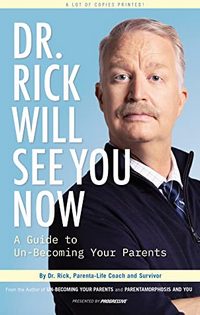


![]()





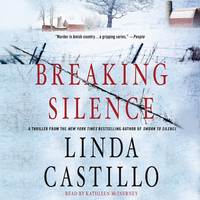
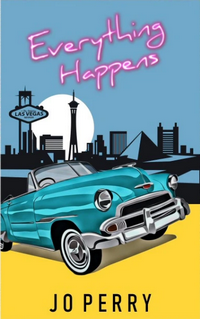
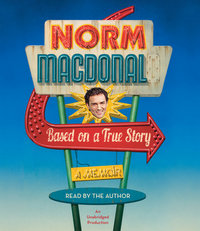
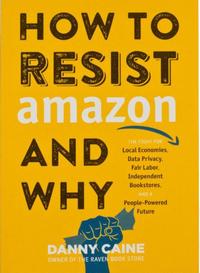

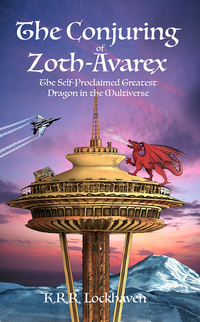

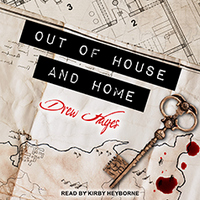


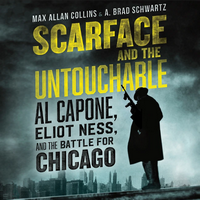

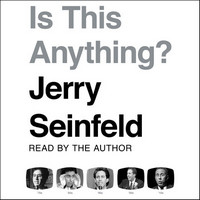


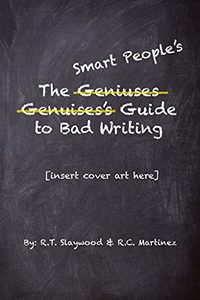

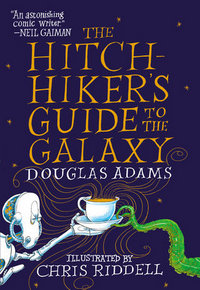
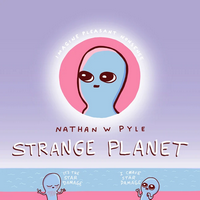

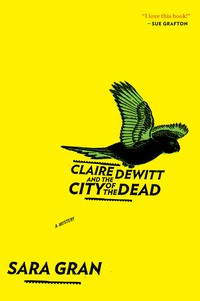
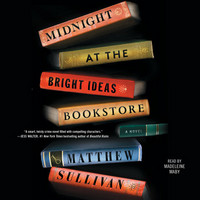


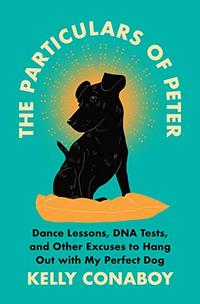
 I stumbled onto my notes from
I stumbled onto my notes from 
